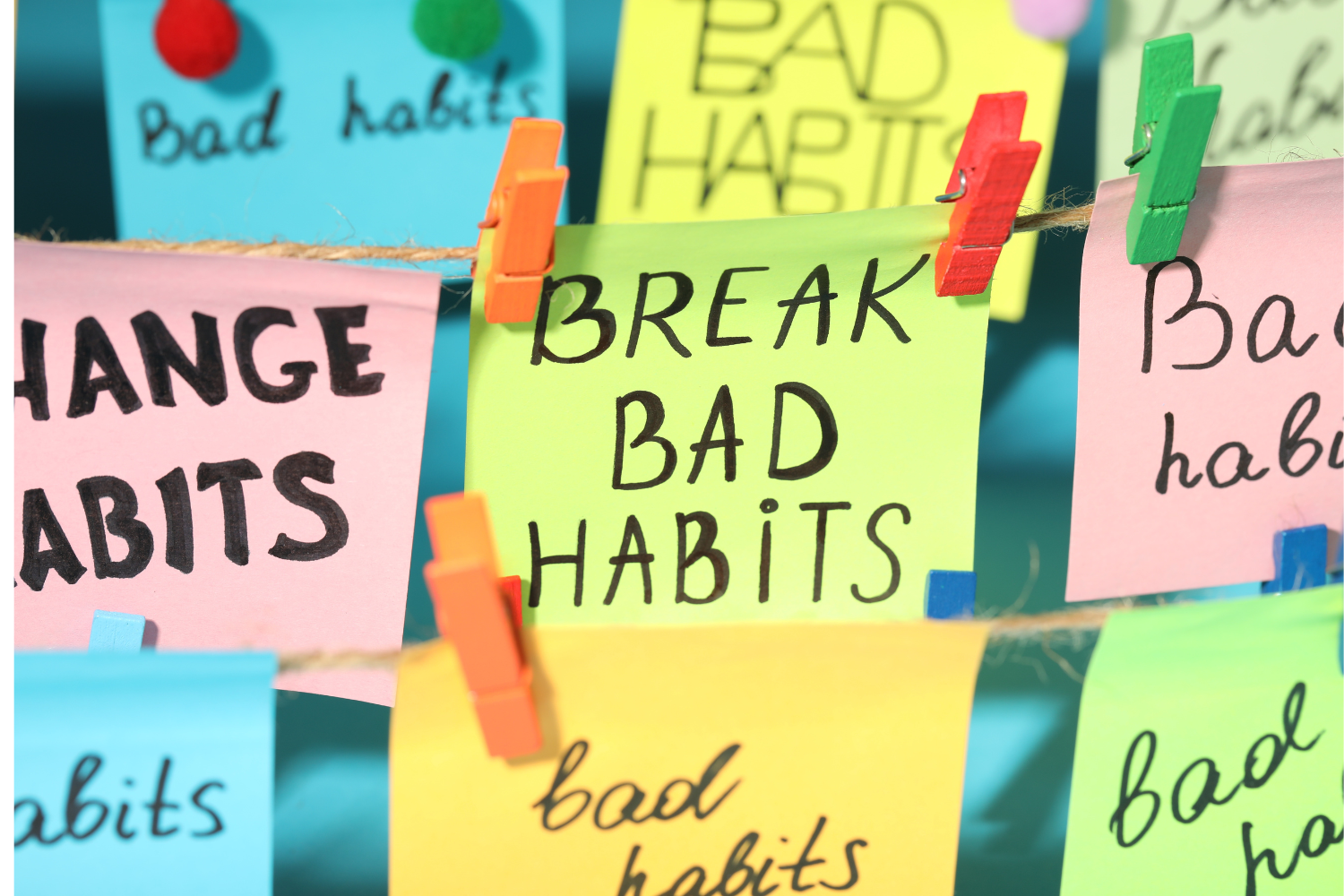You may be worried that your unmanageable child has a chemical imbalance.
Or, maybe a teacher has gone as far as to suggest he should be evaluated for a behavioral disorder, such as ADHD.
What you are not told is that the cure for his difficult behavior may be as easy as a spoonful of discipline.
The Facts
According to John Rosemond, MS and Bose Ravenel, MD, "No studies to date have confirmed beyond a reasonable doubt that impulsivity and short attention span - the two primary symptoms of ADHD - result from physical problems or chemical imbalances in the brain."
“The ADHD Establishment would be hard-pressed to explain how, of all the American cultural groups that share a common European heritage, only the Amish have managed to not become infected with the elusive ADHD gene.”
Rosemond and Ravenel wrote an entire book on the subject called The Diseasing of America's Children: Exposing the ADHD Fiasco and Empowering Parents to Take Back Control, in which they make a strong case for old-fashioned discipline.
If you have a child who is suspect for one of the three primary behavior disorder diseases, namely ADHD, ODD, or EOBD*, it would be prudent to grab a copy of their book.
The Why
Have you ever wondered why before the progressive 1960's cultural revolution, we have no records of behavior disorders that weren't quickly eradicated by not sparing the rod?
Then, as if children had suddenly changed, behavior disorders as disease were added to the DSM manual.
Now, instead of discipline, children are given medication for their behavior.
We are neglecting to treat the real problem, which is that children are failing to grow up because we have lost the art of raising them well.
The Problem
When little Susie throws a tantrum in the middle of the department store because she wants a toy, instead of grabbing little Susie by the hand, marching her out of the store, and plopping her into the back seat of your car to let her belt it out, what do we do?
We try to talk some sense into her while shopping as she continues disturbing the peace.
We may even begin to bribe her with ice cream when she gets home if she promises to stop crying. We might even give her what she wants because we don't have the time or energy to deal with her behavior.
When Johnny fails to focus long enough to follow our homework instructions or do some chores, what do we do?
We begin to wonder if his lack of focus has a more sinister cause.
When Adam impulsively pushes his little sister or grabs a toy from another child, we begin to wonder, "Why is he so impulsive?
Could it be?"
These kind of children become prime candidates in school for being singled-out for a behavioral disorder diagnosis. The next step is to send the child for further evaluation. The psychiatrist or psychologist then notes in medical shorthand the following symptoms:
Short attention span
Lack of self-control; impulsive
Difficulty staying on task
Impatient
Tantrums
Easily frustrated
Defiant
Irresponsible
The Oversight
What the psychiatrist or psychologist fails to recognize is that these are also the symptoms of a toddler's "terrible two" behavior.
According to Rosemond and Ravenel, the medical expert has failed to recognize the obvious.
As a consequence of the progressive parenting theories that began to surface in the 1960s, children no longer learn the rules of civil behavior lest we harm their self-esteem.
“The postmodern, non-theistic religion of self-esteem has spawned a host of problems for America’s children.”
Consequently, incompetent parenting is mistaken for a behavior disorder that requires medication.
Proving how inconclusive the studies around behavior disorders are, and the impossibility of diagnosing a "chemical imbalance," Rosemond and Ravenel encourage parents to ignore the pharmaceutical cry that something is wrong with their child and look to improve their parenting skills instead.
The Reality
Prior to the 1960’s, only 1 - 3% of the population were diagnosed with problems outside the range of normal. If your child is displaying terrible two symptoms beyond the age of the terrible two's, save yourself the time and expense by self-diagnosing the problem for what it is: lax parenting.
Teach your child good manners and the code of civil conduct, and you'll see his behavior disorders miraculously disappear. A good place to start is with “please” and “thank you.”
“Look at me when I speak to you and listen,” is also good.
And, "Go to your room until you can behave," never failed anyone.
*Disclaimer: You are the best judge of your child. If you think there is a medical issue, seek medical help. But if you suspect lax parenting is at the root of your child’s behavior, then learning to lead your child with love and authority is where you want to start.
Don’t miss our free download, Ten Books Every Well-Educated Child Should Read.
When you join the Smart Homeschooler Academy online course for parents, Liz will share her 6-step framework, so you can raise children of higher intelligence, critical thinking, and of good character.
As a homeschooler, you will never have to worry about failing your children, because working with Liz, you will feel confident, calm, and motivated; as she guides you to train your children’s minds and nurture their characters.
Teach your child to read before sending him to school! Learn more about Elizabeth's unique course, How to Teach Your Child to Read and Raise a Child Who Loves to Read.
For parents of children under age seven who would like to prepare their child for social and academic success, please begin with Elizabeth’s singular online course, Raise Your Child to Thrive in Life and Excel in Learning.
Elizabeth Y. Hanson is a homeschooling thought-leader and the founder of Smart Homeschooler.
As an Educator, Homeschool Emerita, Writer, and Love and Leadership Certified Parenting Coach, she has 21+ years of experience working in education.
Developing a comprehensive understanding of how to raise and educate a child, based on tradition and modern research, and she devotes her time to helping parents to get it right.
Elizabeth is available for one-on-one consultations as needed.
"I know Elizabeth Y. Hanson as a remarkably intelligent, highly sensitive woman with a moral nature and deep insight into differences between schooling and education. Elizabeth's mastery of current educational difficulties is a testimony to her comprehensive understanding of the competing worlds of schooling and education. She has a good heart and a good head. What more can I say?”
—John Taylor Gatto Distinguished educator, public speaker, and best-selling author of Dumbing Us Down: The Hidden Curriculum of Compulsory Schooling





















































































